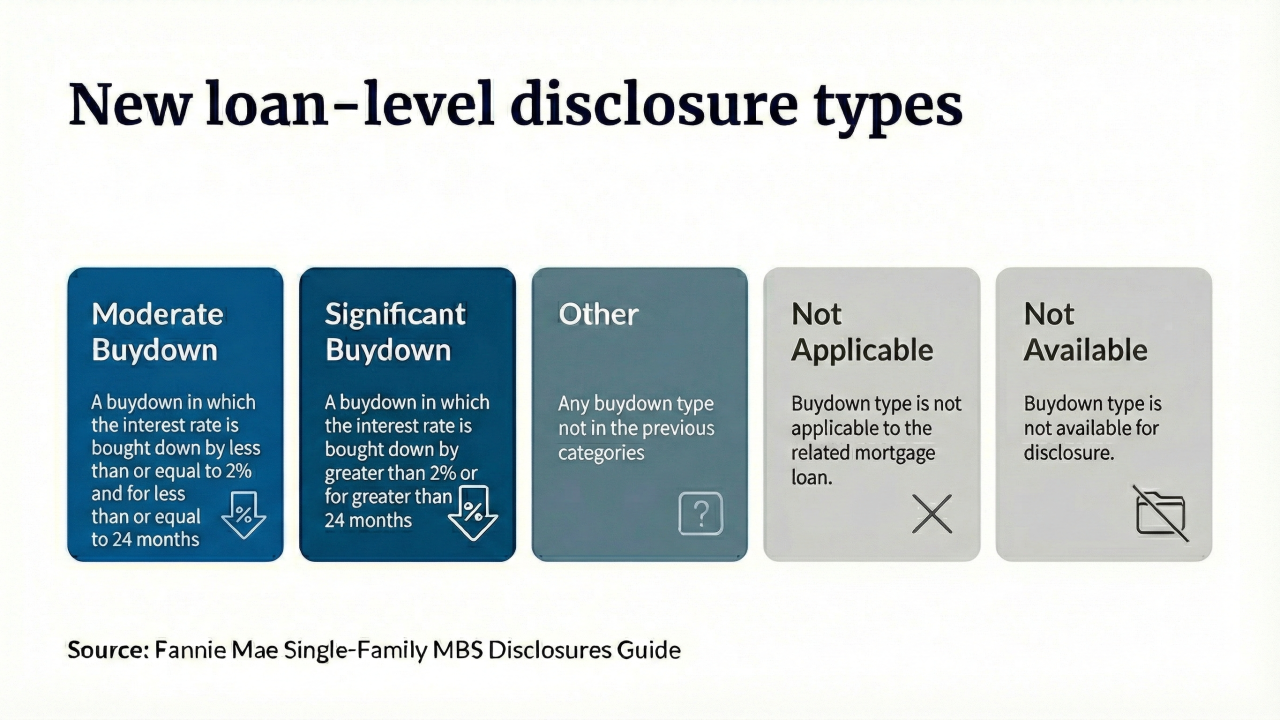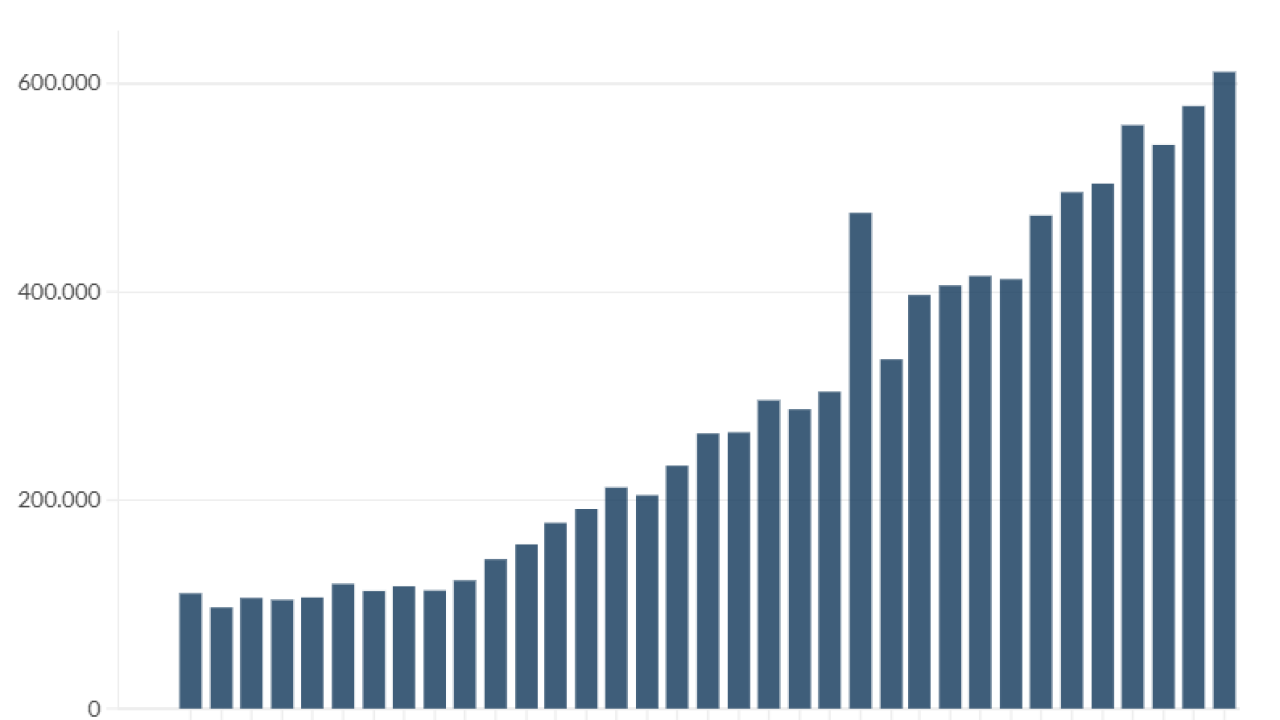Moody's Investors Service has pointed out in a report released late yesterday that the overall level of credit risk in the structured market is inching up. The rating agency predicted that the easing of credit that happened in 2011 will continue into 2012 and beyond.
"Increased risk in securitizations in and of itself is not troubling," said the report, which was authored by Moody's Managing Director Claire Robinson and Senior Vice President Joseph Snailer. "In many instances, credit enhancement or other structural mechanisms can counterbalance increased risks and support the high credit ratings securitization sponsors desire."
Moody's said that they have received more inquiries regarding new asset classes or new originators that have little performance history.
Although credit enhancement and structural features can effectively lessen the probable volatility in asset performance in these deals, others might not have enhancement levels or structures that are equal to a Moody's investment-grade rating. They singled out Exeter Finance Corp.'s transaction, which got high investment grade ratings from two other rating agencies.
However, recent deals have shown higher risk that has not been sufficiently mitigated given the rating levels assigned by another agency. These offerings, Moody's said, usually involve smaller, less experienced and capitalized originators and servicers.
Moody's also highlighted some trends that imply that risk is on the rise. These are that originators have eased underwriting standards, that untested and non-traditional issuers as well as assets and capital sources have entered the securitization market and that riskier structural features in deals have surfaced.
The rating agency said that credit and loan terms in auto ABS that closed in 4Q11 crept back to pre-recession levels, with established and newer lenders starting to target borrowers with lower FICOs.
In terms of credit cards. the newest credit card vintages have higher lower-quality accounts versus vintages originated in late 2009 and early 2010.
Meanwhile, CMBS underwriting quality has reverted back to a level consistent with that of the 2004 vintage, although this is better than the issuance peak in 2006 and 2007.
Originators are once again originating non-prime residential mortgages. Even though the big financial institutions are still originating pristine Jumbo collateral, Moody's stated that several new mortgage finance firms have looser underwriting guidelines.
In terms of more unique transactions, companies have recently proposed deals that only contain distressed commercial real estate that are already delinquent or would probably become so. Although deals backed by distressed CRE is not new, these potential transactions would be the first such offerings rated since the late 1990s.
Moody's said that it has developed a rating approach that is in line with the unique nature of these deals. Although riskier, issuers with deals backed by these loans can limit credit risk to investors by using proper credit enhancement, Moody's said.
.




